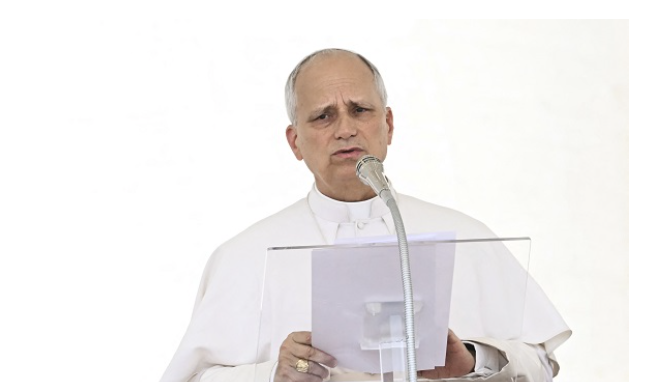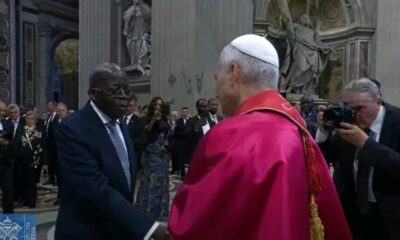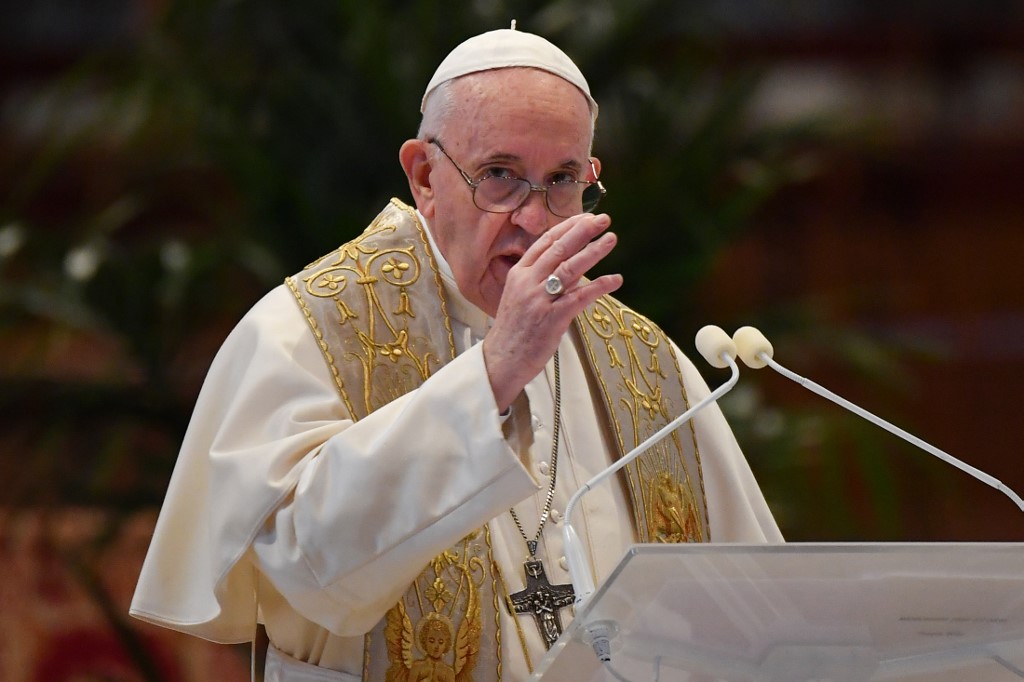National News
Pope speaks on risks of AI to young brains

Pope Leo XIV warned on Friday of the potential consequences of artificial intelligence (AI) on the intellectual development of young people, saying it could damage their grip on reality.
Since his election as head of the Catholic Church on May 8, the pope a mathematics graduate has repeatedly warned of the risks associated with AI but this is the first time he has spoken out exclusively on the subject.
“All of us are concerned for children and young people, and the possible consequences of the use of AI on their intellectual and neurological development,” the American pope warned in a written message to participants at the second Rome Conference on AI.
“No generation has ever had such quick access to the amount of information now available through AI.
“But again, access to data however extensive must not be confused with intelligence,” Leo told business leaders, policymakers and researchers attending the annual conference.
While welcoming the use of AI in “enhancing research in healthcare and scientific discovery”, the pope said it “raises troubling questions on its possible repercussions” on humanity’s “distinctive ability to grasp and process reality”.
Pope Leo himself has been the target of deep fake videos and audio messages published on social media in recent weeks.
An AFP investigation earlier this month identified dozens of YouTube and TikTok pages broadcasting AI-generated messages masquerading as genuine comments from the pope in English or Spanish.
A survey from the Reuters Institute for the Study of Journalism this week found significant numbers of young people in particular were using chatbots to get headlines and updates.
The Catholic Church has attempted to influence ethical thinking surrounding the use of new technologies in recent years under Leo’s predecessor Francis.
In 2020, the Vatican initiated the Rome Call for AI Ethics — signed by Microsoft, IBM, the United Nations, Italy and a host of universities — urging transparency and respect for privacy.
-

 National News2 days ago
National News2 days agoTinubu orders arrest of Benue killers, tells Alia to set up peace committee, allocate land for ranching
-

 Politics2 days ago
Politics2 days agoFormer Nigerian vice president dumps PDP
-

 National News1 day ago
National News1 day agoBreaking: Natasha arrives in court for arraignment over defamatory comments
-

 Crime and Law2 days ago
Crime and Law2 days agoFCT Police investigate viral video of woman found tied, unconscious in Gwarinpa hotel
-

 Crime and Law2 days ago
Crime and Law2 days agoArmed robbers cause panic in Ibadan, escape with millions after Mokola shootout
-

 National News1 day ago
National News1 day agoBenue killings: “These killings must stop,” NSCDC boss vows justice, orders tactical deployment
-

 Politics1 day ago
Politics1 day agoEl-Rufai predicts Tinubu’s re-election prospects
-

 Entertainment1 day ago
Entertainment1 day agoPastor Enenche sparks reactions after refusing N30 million from governor






























